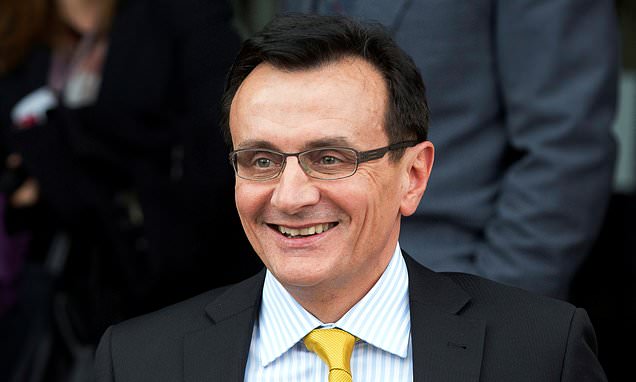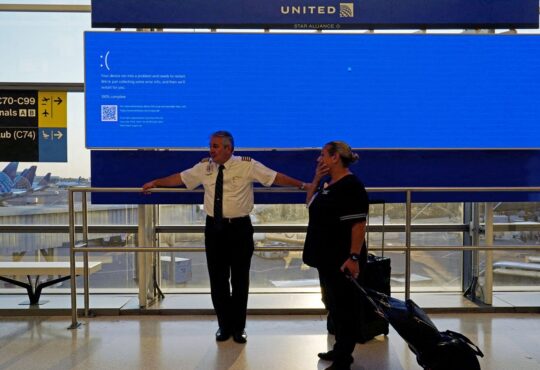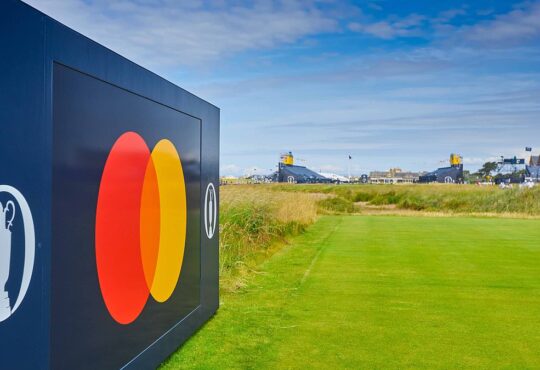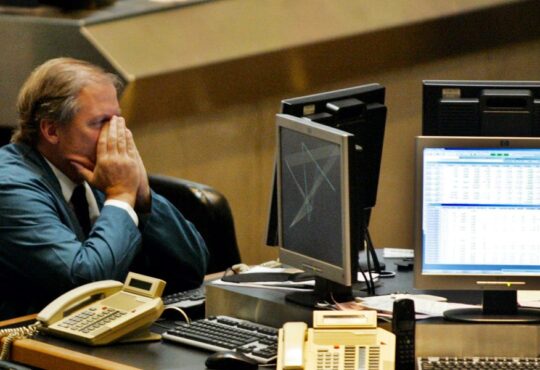
Shares in AstraZeneca fell after the Mail on Sunday revealed boss Pascal Soriot is planning to leave the company.
The newspaper said the 64-year-old has told friends and advisers that he is looking to depart as soon as next year, having been in charge for more than a decade.
However, he has not yet spoken with the company’s board or its chairman about his plans, the report said.
With traders back at their desks yesterday for the first time since the report was published, shares in the drugs giant fell 3.2 per cent, or 344p, to 10,502p.
Soriot has had one of the most successful careers in British corporate history, spearheading the development of the first Covid-19 vaccine and fending off a takeover bid from US rival Pfizer.
AstraZeneca is valued at over £160billion as it vies with Shell (up 0.3 per cent, or 7.5p, to 2510p) for the title of biggest FTSE 100 company.
An AstraZeneca spokesman said: ‘We do not comment on market rumours. We have regulatory obligations and were there any truth in a rumour that could significantly impact our share price we would make an announcement.’
The FTSE 100 rose 0.3 per cent, or 18.68 points, to 7496.87 and the FTSE 250 added 0.3 per cent, or 59.25 points, to 18,522.44.
Shares in Wandisco fell after admitting it ‘suffered months of trauma’ following an accounting scandal.
The software group – which is changing its name to Cirata next month as part of a plan to distance itself from the ‘dark days of March 2023’ – discovered potentially fraudulent irregularities in March regarding orders, revenue and bookings by a senior sales employee.
Related Articles
HOW THIS IS MONEY CAN HELP
Revenue fell to £2.4million in the first six months of 2023 from £4.6million during the same period of 2022.
The cash pile plunged from £15.2million at the end of December last year to just £2.6million on June 30.
Wandisco insisted it is in a ‘transitional year’ and still expects to deliver bookings of between £5.7million and £7million for the whole of 2023.
It added it should end the year with around £13million to £13.2million of cash. Shares slid 7.9 per cent, or 5.2p, to 61p.
Miners surged as hopes of a recovery in China’s economy following challenges in its property sector boosted metal prices.
Fresnillo gained 4.6 per cent, or 25.6p, to 580p, Glencore rose 2.2 per cent, or 9.35p, to 435.35p, Anglo American added 2.4 per cent, or 48.5p, to 2071.5p, Antofagasta ascended 2.9 per cent, or 43p, to 1509.5p and Rio Tinto lost 3.4 per cent, or 166.5p, to 5001p.
A positive update from GSK also helped to lift the blue-chip index. The pharmaceuticals giant’s submission for its drug to treat patients with a rare blood cancer that contributes to anaemia was accepted for review by the Japanese regulator.
Shares rose 1.7 per cent, or 24.6p, to 1468.8p. But Melrose endured a second session of losses as the Royal Bank of Canada (RBC) downgraded its rating on the stock to ‘sector perform’ from ‘outperform’.
It said this was justified given the aerospace business is valued in line with peers. Shares fell 5 per cent, or 25.3p, to 485.5p.
There was better news for insurers L&G and Aviva after brokers at Deutsche Bank Research upgraded their target prices.
Shares in L&G rose 1.6 per cent, or 3.4p, to 220p and Aviva added 1.5 per cent, or 5.7p, to 374.9p.
Investors in Sportech dumped shares as the betting firm proposed cancelling its AIM listing.
It cited the ‘significant burdens’ with being a publicly traded company and estimated that its business costs will fall by around £450,000 a year.
At least three-quarters of shareholders must vote in favour of taking the company off the stock market at its upcoming general meeting. Shares tumbled 35.6 per cent, or 34.5p, to 62.4p.
Some links in this article may be affiliate links. If you click on them we may earn a small commission. That helps us fund This Is Money, and keep it free to use. We do not write articles to promote products. We do not allow any commercial relationship to affect our editorial independence.






